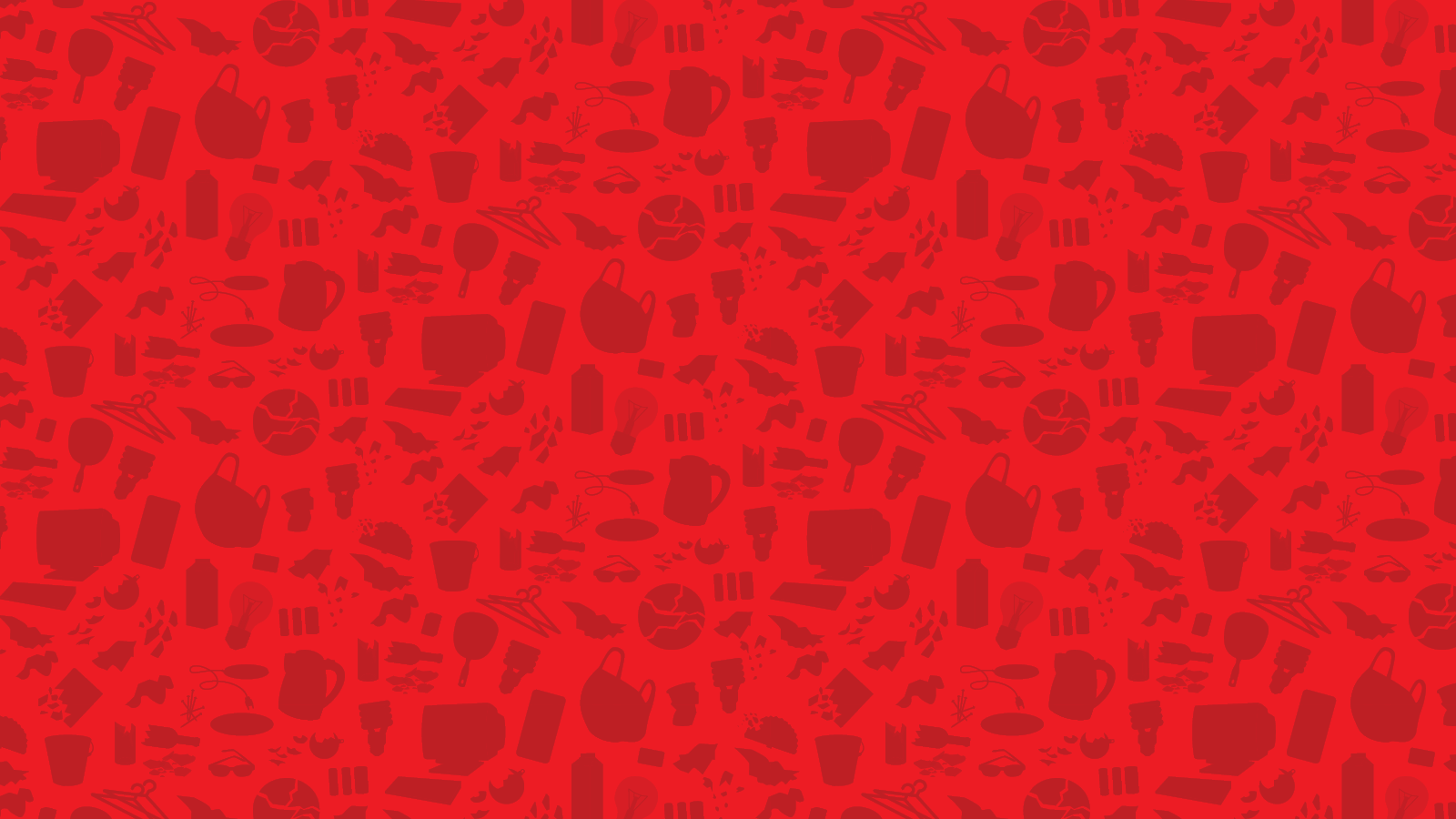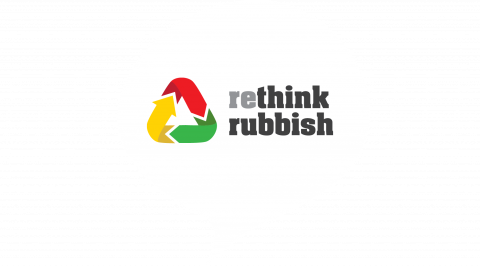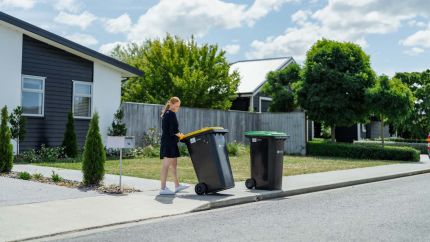The Council provides a number of waste services for the District's residents, businesses, schools and visitors:
- A kerbside collection service for organics, recycling and rubbish to around 75% of the District. View the collection map
- Waste disposal, diversion and recycling services are available at local transfer stations at the Southbrook Resource Recovery Park and the Oxford Transfer Station
- Operation of a cleanfill disposal site.





